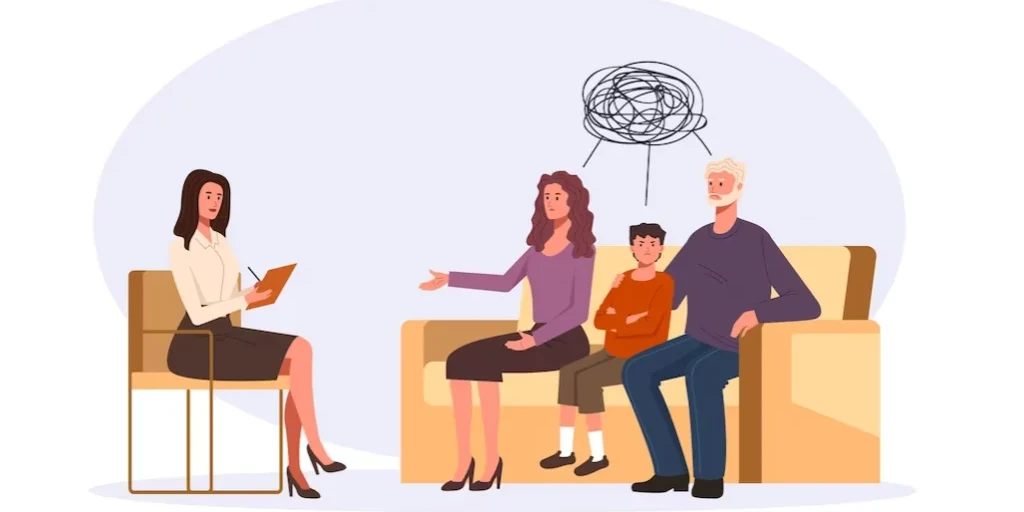24/7 Helpline:
(866) 899-111424/7 Helpline:
(866) 899-1114
Learn more about Eating Disorder Treatment centers in Boswell
Eating Disorder Treatment in Other Cities

Other Insurance Options

Molina Healthcare

Absolute Total Care

Medical Mutual of Ohio

Optum

Oxford

Kaiser Permanente

Health Choice

CareFirst

Highmark

Excellus

Health Partners

American Behavioral

MVP Healthcare

PHCS Network

MHNNet Behavioral Health

Health Net

Evernorth

Group Health Incorporated
Beacon

EmblemHealth





























Wabash Valley Alliance
Wabash Valley Alliance's mission is to provide quality behavioral health and addictions care based o...


































































